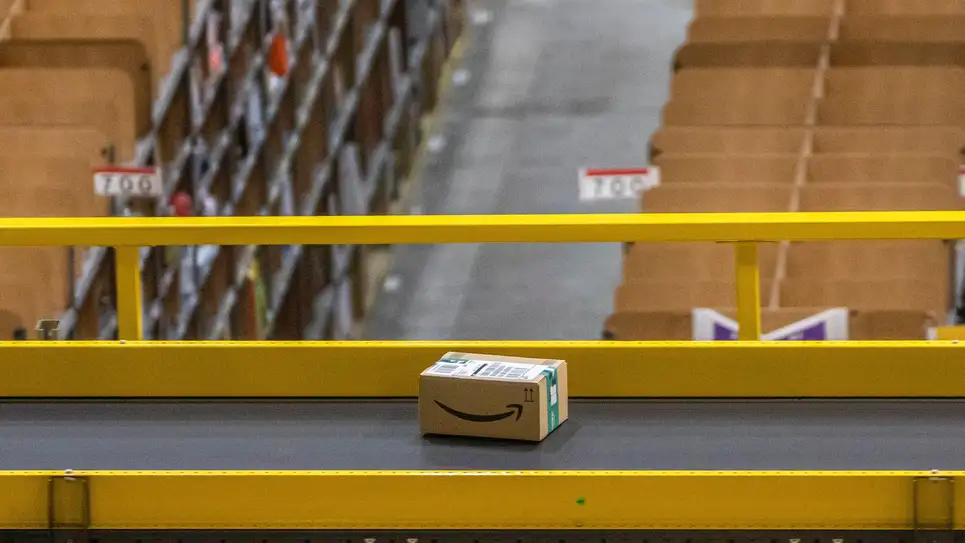After years of squirming, Amazon agreed to implement a raft of major business practice concessions to the European Commission to avoid paying a looming multi-billion dollar antitrust fine. Though Amazon will walk away from the skirmish without having to drain its wallet, the concessions could fan the flames for similar actions being pursued in parallel by other government regulators around the world.
The deal this week puts to rest two years-long antitrust investigations that could have metastasized into fines worth 10% of Amazon’s annual revenue. As part of the concessions, Amazon promised to no longer take non-public data from sellers on its marketplaces and use that to aid in its own retail business. Additionally, the e-commerce behemoth will set, “non discriminatory conditions and criteria” for marketplace sellers on its Prime service and additionally grant Prime sellers the freedom to chose any carrier for their logistics, rather than force them into using Amazon’s own logistics service.
Amazon will also take steps to address concerns of anti-competitive behavior in its Buy Box (essentially the “Buy Now’’ and “Add to Cart”) section of its retail site. The company committed to treating all sellers there, including their own brands, equally when ranking offers. Maybe more importantly though, Amazon will give European customers a second Buy Box if there is another product from a different seller, “that is sufficiently differentiated from the first one on price and/or delivery.”
When taken as a whole, the European Commission believes these changes will aid both European consumers and sellers working with the platform. If Amazon reneges on these commitments, the commissioner says it can still impose a fine up to 10% of Amazon total annual turnover. The concessions came just one day after the Commission accused Meta of violating antitrust rules by using Facebook Marketplace to promote ads and distort outside competition.
“Today’s decision sets new rules for how Amazon operates its business in Europe,” EU competition commissioner Margrethe Vestager said. “Amazon can no longer abuse its dual role and will have to change several business practices. Competing independent retailers and carriers as well as consumers will benefit from these changes opening up new opportunities and choices.”
Amazon, while not totally sold on all of the Commission’s findings, appeared relieved to put the lurking investigations behind it.
“We are pleased that we have addressed the European Commission’s concerns and resolved these matters,” an Amazon spokesperson said in a statement. “While we continue to disagree with several of the preliminary conclusions the European Commission made, we have engaged constructively to ensure that we can continue to serve customers across Europe and support the 225,000 European small and medium sized businesses selling through our stores.”
The fine-free settlement decision likely comes as welcome news for Amazon, which is still reeling from the shock of a $1.3 billion fine imposed against it by Italian regulators last year. In that case, regulators alleged Amazon had provided special benefits to certain third-party merchants who agreed to use Amazon’s “Fulfillment by Amazon” warehouse and delivery system. As part of that anti-competitive partnership, Italy’s regulators alleged, Amazon would grant those select merchants access to Amazon Prime customers and certain sale events like Prime Day.
Over in the United Kingdom, Amazon also faces a potential $1 billion class action lawsuit which accuses the company of using its Buy Box space to direct customers towards its own self-branded items in addition. Similarly that suit alleges Amazon uses a, “secretive and self-favoring” algorithm to further prioritize its own in-house brands.
In the U.S. meanwhile, Amazon has so far managed to avoid the same major federal suits recently lodged against rival tech giants like Microsoft and Meta. Still, a Bloomberg report from earlier this year claimed The Federal Trade Commission was deepening its investigation into Amazon’s recent spree of multi-billion dollar acquisitions. Amazon’s alleged self-preferencing practices are regularly invoked by U.S. lawmakers still trying to pass meaningful antitrust legislation in Congress.

